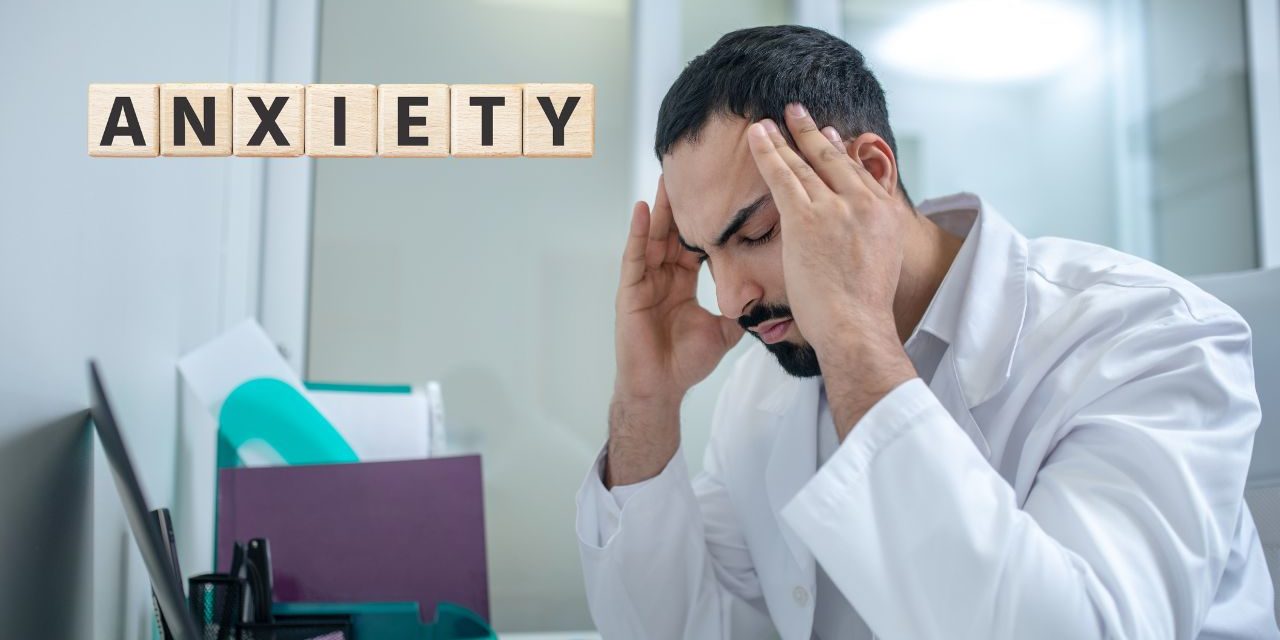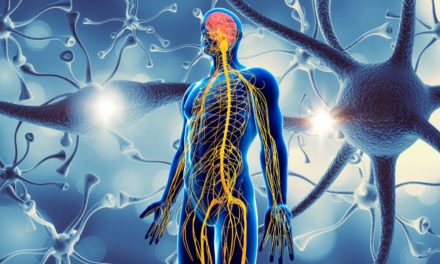Introduction
Anxiety is a natural and adaptive response to stress or potential threats. However, when anxiety becomes excessive and interferes with everyday life, it can be classified as an anxiety disorder. Anxiety disorders are common and affect millions of people worldwide, causing emotional distress and disruption of functioning. In this article, we will provide a comprehensive overview of anxiety disorders, including their types, possible causes, effects on individuals, and available treatments. By promoting understanding and raising awareness, we aim to support those affected by anxiety and encourage them to seek help for this common mental health concern.
Understanding Anxiety Disorders
Anxiety disorders are a group of mental health conditions characterized by excessive worry, fear and anxiety. These disorders can manifest in a variety of ways and can lead to physical symptoms, emotional distress, and avoidance behaviors.
Types of anxiety disorders
- Generalized anxiety disorder (GAD): GAD involves excessive and persistent worry about everyday problems and situations.
- Panic Disorder: Panic disorder is characterized by sudden and intense panic attacks, often accompanied by physical symptoms such as palpitations and shortness of breath.
- Social anxiety disorder (social phobia): Social anxiety disorder involves intense fear and avoidance of social situations and interactions.
- Specific phobias: Specific phobias are irrational and intense fears of particular objects or situations.
- Obsessive Compulsive Disorder (OCD): OCD is characterized by intrusive thoughts (obsessions) and repetitive behaviors to relieve anxiety (compulsions).
- Post-traumatic stress disorder (PTSD): PTSD can develop after exposure to a traumatic event and includes reexperiencing, avoidance, and hyperarousal symptoms.
Possible causes of anxiety disorders
- Genetics: A family history of anxiety disorders can increase the risk of developing the condition.
- Environmental factors: Traumatic experiences, stressful life events, and chronic stress can contribute to anxiety disorders.
- Neurochemical Imbalance: Imbalances in brain chemicals (neurotransmitters) can play a role in anxiety.
- Personality Traits: Some personality traits, such as excessive worry or perfectionism, can lead to anxiety.
Effects on individuals
Anxiety disorders can significantly affect a person’s life, resulting in decreased social interactions, decreased productivity, and emotional distress. In severe cases, anxiety-avoidance behaviors may develop and affect daily functioning.
Seek professional help

If anxiety symptoms persist and interfere with daily life, it is important to seek professional help from a mental health professional. Appropriate diagnosis and treatment can significantly improve quality of life.
Treatment methods for anxiety disorders
- Cognitive Behavioral Therapy (CBT): CBT is an evidence-based therapy that helps individuals identify and change negative thought patterns and behaviors.
- Medicines: Antidepressants and anti-anxiety medications may be prescribed to control anxiety symptoms.
- Relaxation techniques: Techniques like deep breathing, meditation, and yoga can help reduce anxiety.
- Exposure therapy: Exposure therapy gradually exposes people to feared situations, helping them manage apathy and anxiety.
Self-help strategies and coping techniques
Individuals can also practice self-help strategies, such as exercising regularly, maintaining a healthy lifestyle, and engaging in hobbies and activities that bring happiness.
Result
Anxiety disorders are common mental health conditions that can significantly affect an individual’s well-being and functioning. By understanding the different types of anxiety disorders, possible causes, and available treatments, individuals can seek appropriate help and support. Early intervention and personalized treatment plans can lead to better symptom management and a better quality of life. It is important to promote awareness and create a supportive environment where people with anxiety disorders feel motivated to seek help and take steps towards recovery. Together, let’s make mental health a priority, promote understanding, and support those with anxiety disorders on their journey to mental wellness and emotional resilience.










